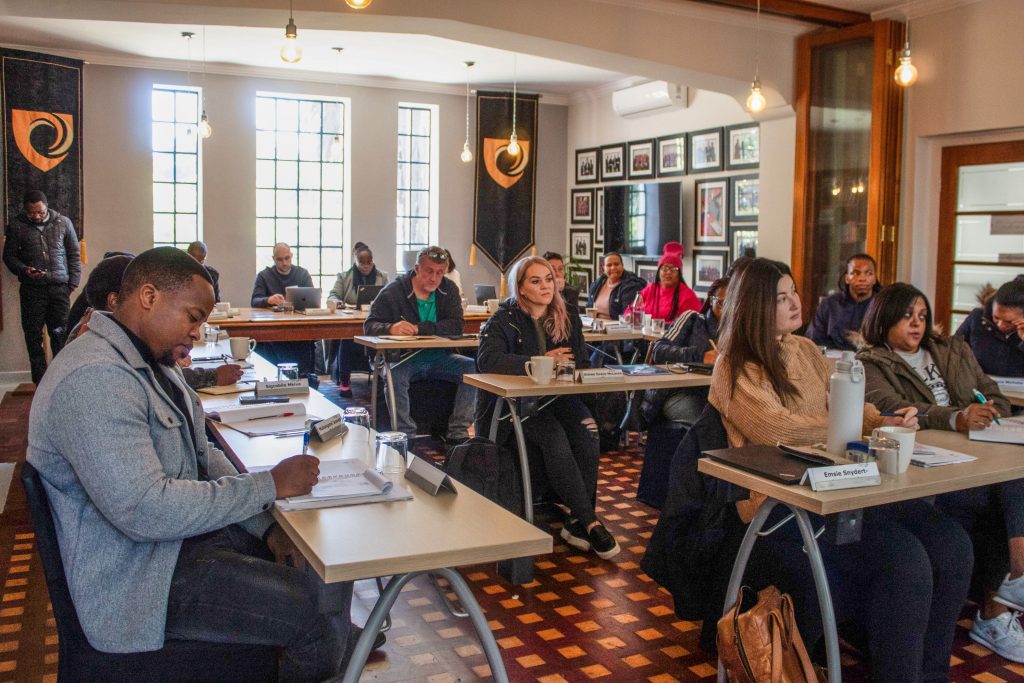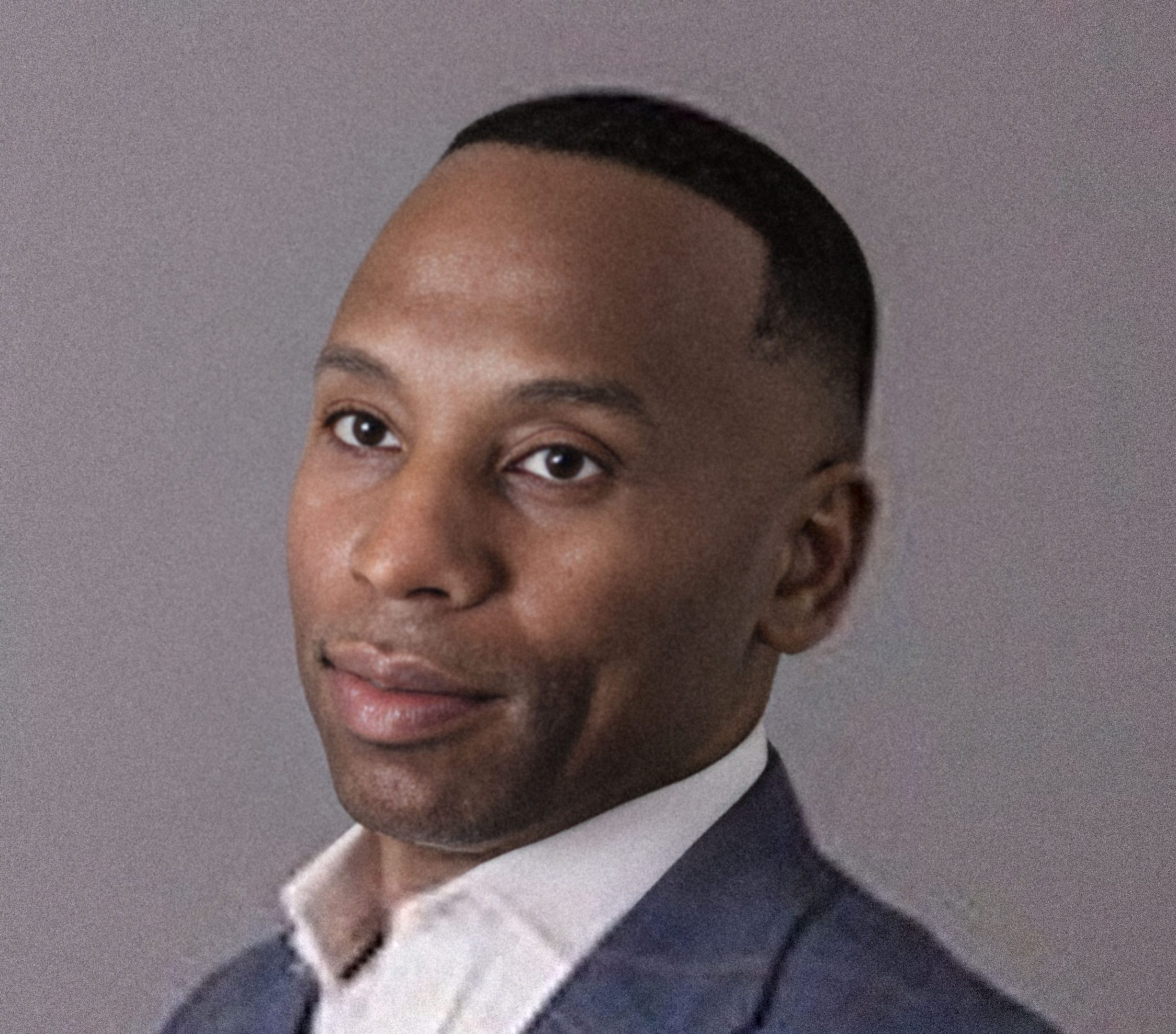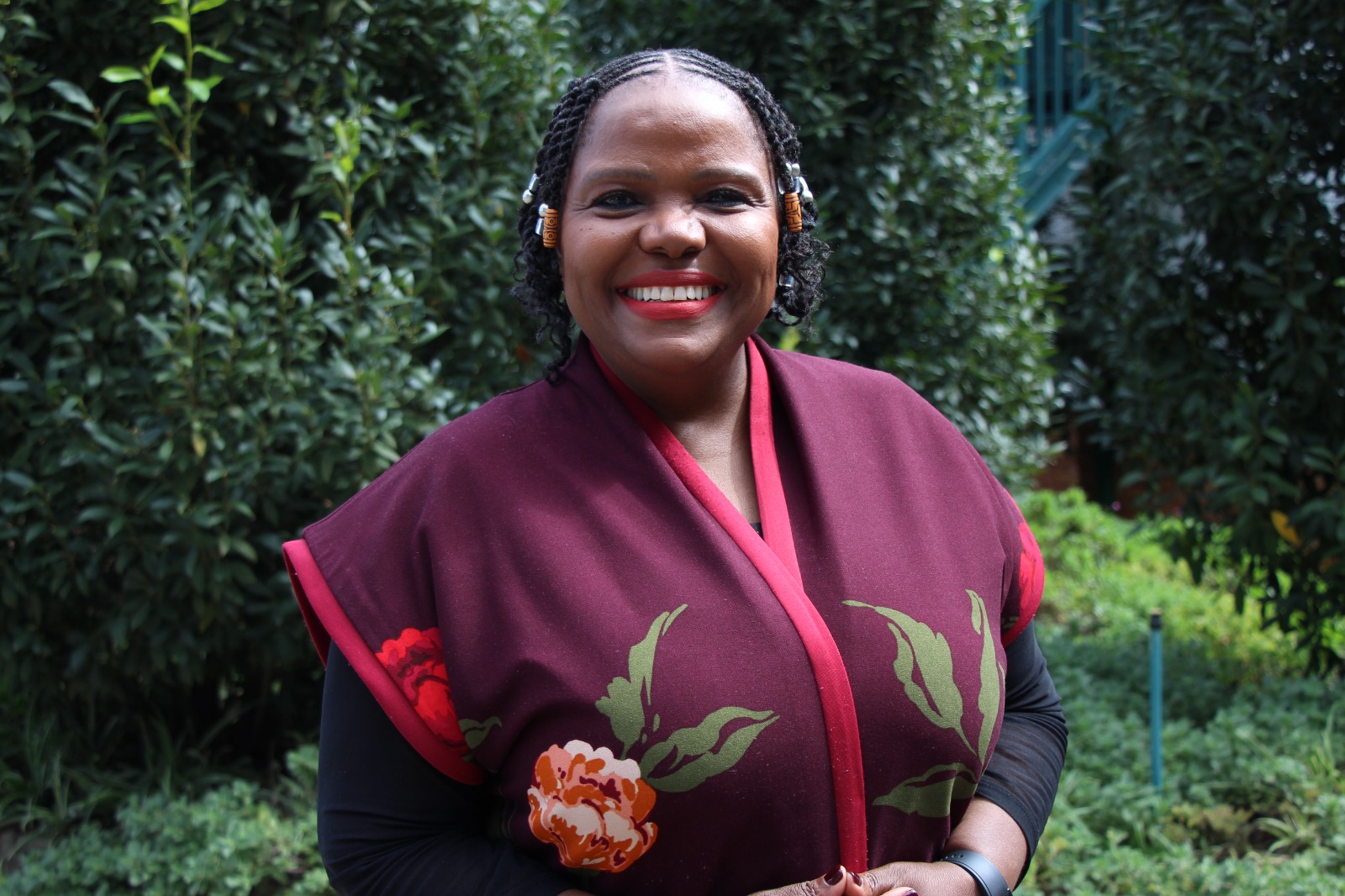In the dynamic and often unpredictable world we live in, particularly within a chaotic structure environment, the need for structured thinking has never been greater. During the session for Economics, held on 22 July 2025, The DaVinci Institute’s students were encouraged to look beyond rote learning and begin forming a coherent, interconnected understanding of their academic content.
The facilitator, Dr Chris Harmse, encouraged students during the session to begin a deeper journey, one that situated theoretical knowledge within real-world complexities.
Key Takeaway
A key takeaway was that structure is not a luxury, it is a necessity. Yet, the act of structuring knowledge itself can be seen as a form of privilege in an uncertain and fragmented world. This idea was deliberately provocative, inviting students to explore not just what they are learning, but why and how they are learning it.
Thematic Integration and Real-World Application
Students were challenged to draw links between macroeconomic theory and present-day realities, including pressing issues such as inequality, unemployment, and institutional reform. The conversation touched on South Africa’s economic landscape and extended to broader African and global contexts.
Students were reminded that economics is not just an academic discipline; it is a lens through which we can understand and possibly shape the world around us. With this mindset, themes such as economic systems, policy interventions, and global integration were no longer abstract topics but part of a live conversation about development, justice, and sustainability.
Shifting the Role of the Student

Central to the session was a shift in learning philosophy. DaVinci students are not viewed as passive recipients of content, but as co-creators of knowledge. The facilitator repeatedly underscored the idea that the real power of the tuition programme lies in student engagement, through questions, discussion, reflection, and the courage to challenge existing assumptions.
This call for the agency went beyond lecture participation; it was also a prompt for students to take full responsibility for their academic journey.
A Structured Path Ahead
The facilitator indicated to students that as the programme moves toward its final stages, the focus will now shift to a systematic breakdown of each of the seven themes. These will be explored using real-world case studies, past paper questions, and facilitated group discussions. Students were encouraged to prepare actively and contribute meaningfully to these sessions.
In DaVinci, we believe students are knowledge co-creators, not consumers; they are expected to challenge convention.
The facilitator also invited students to begin drafting their thematic frameworks, personal maps that connect economic theories to contemporary issues they care about. This exercise is not only a form of revision but a way to personalise their academic journey and strengthen their ability to communicate complex ideas.
Learning Approach At DaVinci
Sessions like these are a significant turning point in how learning is approached within DaVinci’s programmes. With a blend of academic structure, reflective inquiry, and practical application, students are equipped to move forward with purpose. As facilitator, Dr Harmse reminded them, success will not come from memorising answers, but from developing a deep and structured understanding of the world around you. This message is particularly relevant in today’s fast-changing, often chaotic environment.




Leave a Reply